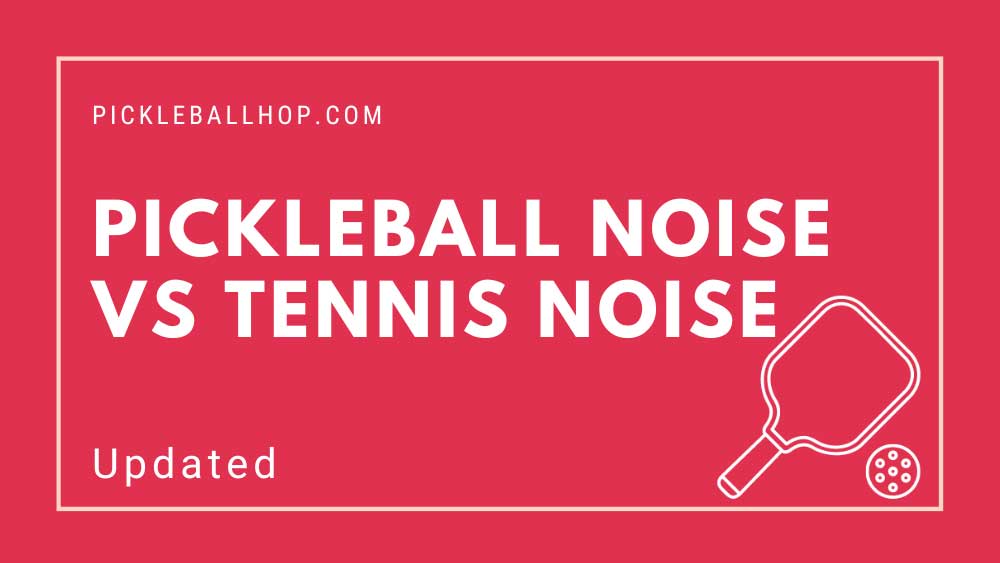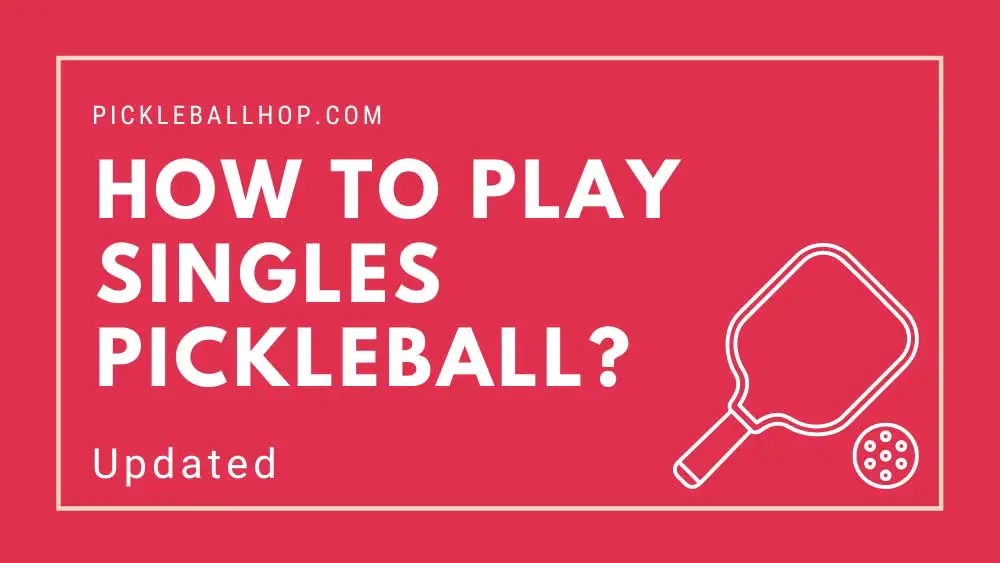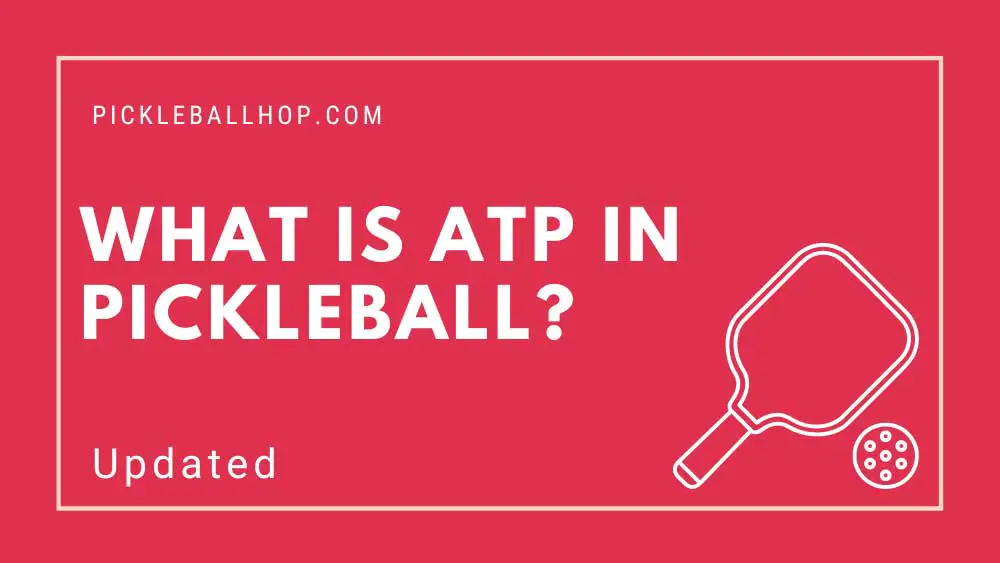Whenever pickleball players are around, you’ll probably hear the term “kitchen”. Despite having an odd name, knowing about the kitchen can improve your play on the pickleball court. You can’t help but wonder, however: what is this sports connection to a kitchen, and how did its name come about?
The “kitchen” is called that in pickleball because of a few theories. First of all, three fathers invented the game, so the names were more likely to be quirky. A puck that lands in this area of the board will lose ten points, so the term may be borrowed from the shuffleboard.
Learn more about this funny pickleball rule and its origins, as well as general information about why it’s called the kitchen. When you’re finished reading this article, you’ll know a lot about pickleball’s “kitchen.”
You can learn all about pickleball’s kitchen area and uncover the one rule you didn’t know was legal: click here.
The Kitchen: A Brief Overview
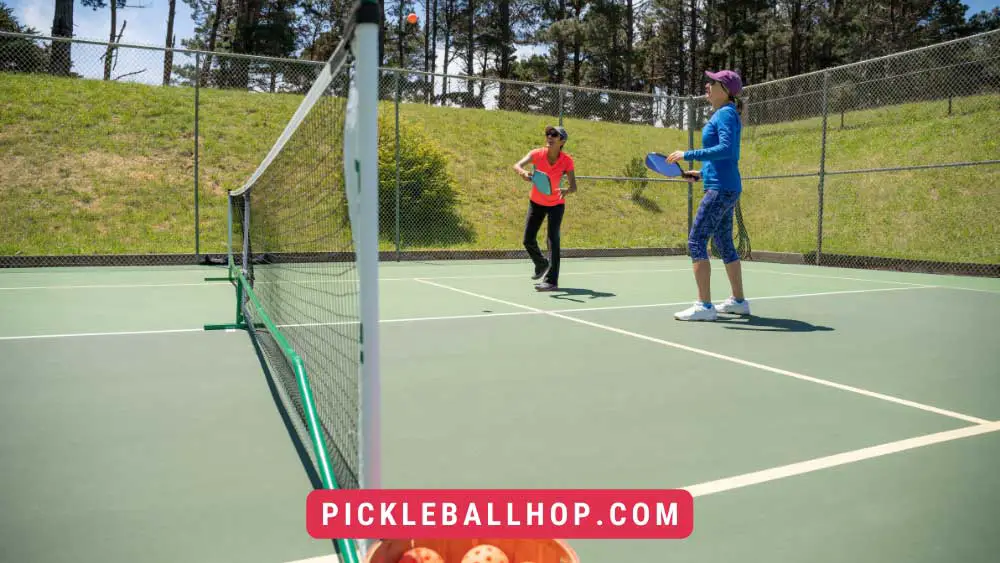
When they hear other pickleball players talk about the kitchen, pickleball players – especially beginners – tend to get confused. Let’s explain where this strange term originated.
Why Is It Called the Kitchen?
For something related to pickleball, the name “the kitchen” seems odd. You are correct. There is no consensus as to why the no-volley zone was given such an odd name, but some theories exist.
Inventors of the game may just have found it amusing to call it that. Perhaps that explains why pickleball even exists!
It is more likely that it originates from a shuffleboard term. Due to the fact that pickleball uses components of tennis, badminton, and ping pong, this is much more likely.
If a puck lands in the kitchen behind the scoring zone in shuffleboard, it will cost the player ten points. The zone is also called “10-off.”. Keep in mind that there’s no consensus about why it’s called the kitchen in shuffleboard.
The pickleball kitchen may have gotten its name from another source.
The phrase could have been derived from “if you can’t take the heat, leave the kitchen.” Another theory suggests the name originated because no one likes to be in the kitchen.
Take these theories, however, with a grain of salt. The name of the kitchen is not known for sure, but it’s fascinating to speculate a bit about how it came to be.
What theories do you have of your own?
Why Do I Need To Know About the Kitchen?
All of this may seem pointless to you. Even with its silly name, the no volley zone, also called the kitchen, is a fundamental rule in pickleball.
You should know the following about the kitchen in pickleball:
The Kitchen Rules
In addition to being known as the “no volley zone,” the kitchen is also prohibited from being in or in contact with during a volley. Pickleball volleying refers to the act of passing the ball back and forth between the teams without bouncing it. In this area, players are discouraged from standing there for the duration of the game in order to avoid spikes that cannot be returned.
Click here for the 5 most common rules in pickleball.
The second rule is that any item a player is wearing or holding can’t be dropped or thrown into the kitchen, including your hat or sunglasses, and of course, your paddle. In addition to your wallet, keys, and chapstick, it can also be anything you keep in your pockets.
Regardless of where you hit the ball from, you cannot land in the kitchen. “Toe the line” is what some players like to call standing as close as possible to the kitchen line without going over.
You can walk the line as long as you don’t break any official rules, but you run the risk of landing in the kitchen if you jump to hit the ball, which is a fault against you.
What Is Allowed in the Kitchen?
Isn’t it wonderful that the no-volley zone comes with so many rules? We will discuss what you are permitted to do in the kitchen to clear up some beginner confusion.
You can stand in the kitchen without violating any rules. While there are no rules prohibiting you from standing in this zone, it’s best not to get used to it. By returning a volley from your position in the kitchen, your opponents might be able to trick you into losing a point.
Interested in improving your game with a no-volley zone strategy? Learn the strategy that changed my approach to dining in the kitchen.
Likewise, if the ball bounces first, you can return it. During this scenario, you can safely return the ball by jumping into the kitchen quickly and escaping before your opponent does. If you initiate or return a volley from the kitchen, you and your team are at fault immediately.
The person outside of the kitchen must be participating in the volley while you are in the kitchen (or vice versa).
Kitchens should be avoided at all costs as if they were pools of lava. In any case, you should carefully consider your next hit if you are forced to go into the kitchen. Once you have done so, get as far away as possible!
How To Become a Pickleball Kitchen Expert
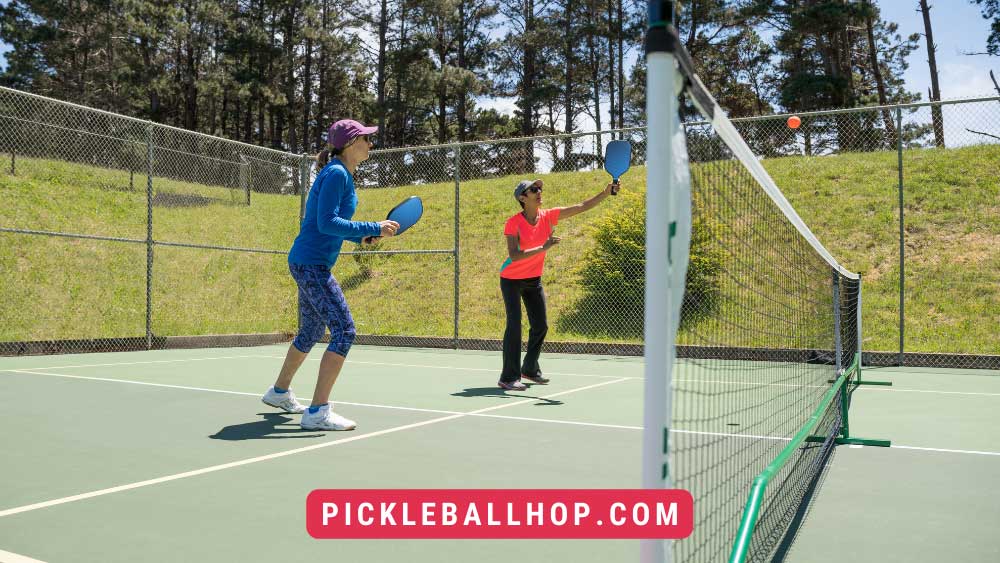
Mastering the kitchen rules is crucial to becoming a great pickleball player. The rules cannot be followed if you don’t understand them, so memorizing them should be your first priority. You will become a better player and teammate if you know and understand the rules.
Practicing the game is second on the list! Pickleball players are typically standing as close as they can to the no-volley zone without crossing it. With this strategy, you are more likely to receive a fault, yet you are more likely to control your shots and hit them precisely to your opponent’s side of the court.
The act of toeing the line can be intimidating for beginners since the technique requires a great deal of practice. It won’t take you long to acquire a keen sense of where you stand on the court. Time and practice will help you develop this acute sense of where you are in relation to the no-volley zone.
Practice going over the line without stepping over it during your matches is a good way to improve this skill. Eventually, it will become second nature as your skill will improve, and your body control will improve as well.
Why Is It Called The Kitchen In Pickleball – My Final Thoughts
You will become a more confident and well-rounded player if you know the terms essential to pickleball. Furthermore, knowing something about this great sport’s history enhances your connection to it.
There are a few exciting and plausible theories as to why the kitchen is called the kitchen. We hope this article cleared up some of the confusion surrounding the term.
In the future, you will know some common theories about the origin of the pickleball term kitchen.

